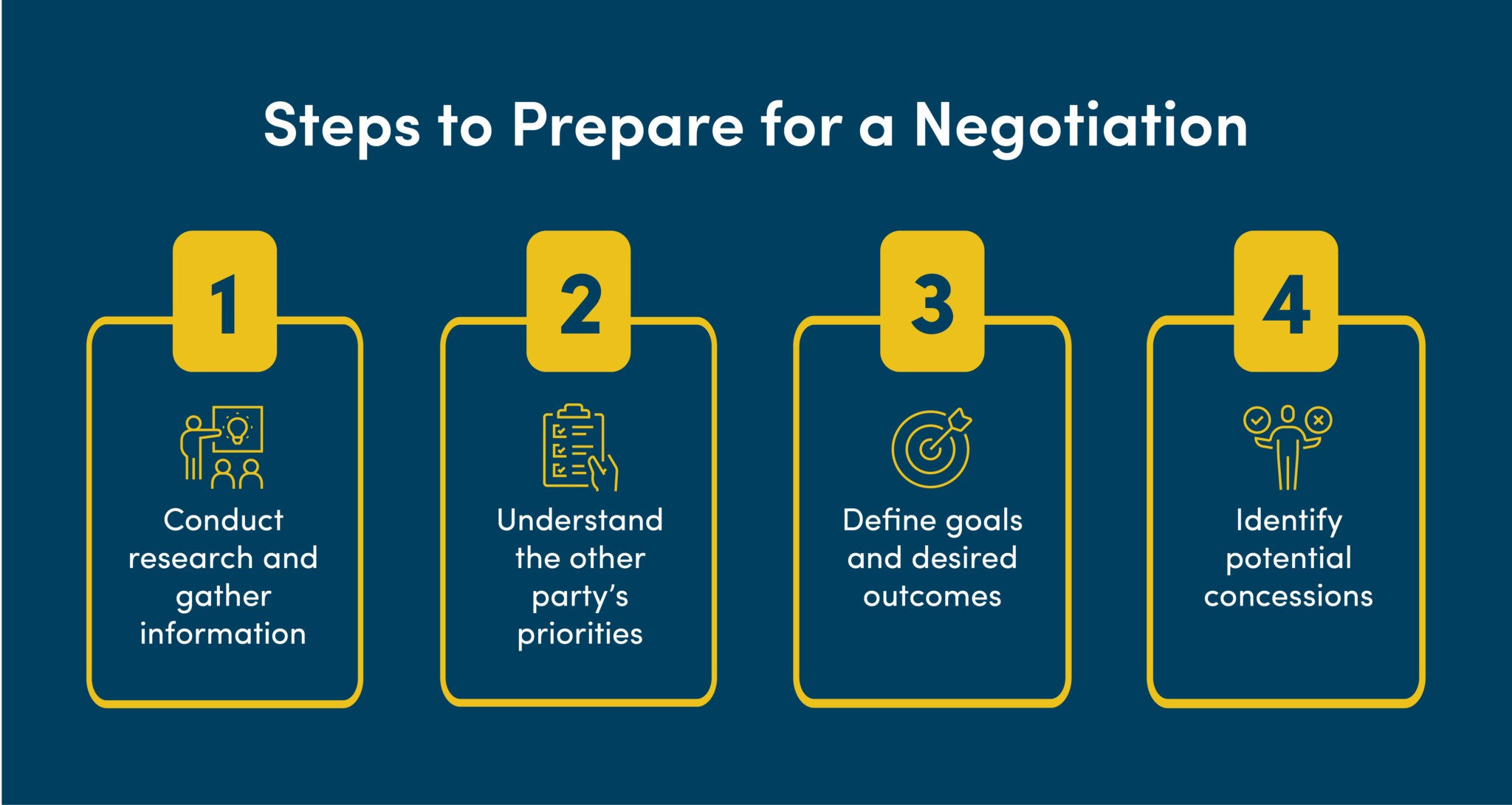How Family Law Experts Handle Complex Divorce Cases
Divorce can be a challenging and complicated process, especially when it involves various contentious issues such as asset division, child custody, spousal support, and often, emotional distress. Family law experts are trained to navigate these complexities effectively, ensuring that their clients’ rights and interests are protected throughout the proceedings. Below is an outline of how family law experts handle complex divorce cases, focusing on their strategies, processes, and approaches.
1. Initial Consultation and Case Assessment
Understanding the Client’s Situation:
- Family law experts begin by conducting a thorough initial consultation with the client. They will ask detailed questions about the marriage, circumstances leading to the divorce, and the specific issues that need addressing (e.g., children, complex finances).

Identifying Key Issues:
- Specialists identify key areas of concern that may complicate the divorce, such as significant joint assets, business ownership, or custody disputes. This assessment helps tailor the strategy for the divorce process.
2. Gathering and Organizing Evidence
Documentation:
- Experts advise clients on gathering necessary documentation to support their claims, including financial records, property ownership documents, tax returns, and evidence of any domestic violence or abuse if applicable.

Asset Valuation:
- For complex financial situations, family law experts often work with financial analysts and appraisers to evaluate assets accurately. Identifying all assets and debts is crucial to ensure fair division during the divorce.
3. Develop a Legal Strategy
Tailored Legal Advice:
- Based on the gathered information, family law experts will develop a personalized legal strategy that aligns with the client’s goals. This strategy outlines the best approach to negotiating settlements or preparing for litigation if necessary.

Alternative Dispute Resolution:
- Many family law experts emphasize the importance of mediation or collaborative divorce processes. These alternatives can resolve disputes amicably and reduce the emotional toll and costs associated with traditional litigation.
4. Negotiation and Mediation
Effective Negotiation Skills:
- Family law experts are skilled negotiators who advocate for their client’s interests in discussions with the opposing party. They leverage their knowledge of family law to propose equitable solutions for asset division, custody, and support.

Facilitating Mediation:
- When both parties agree to mediate, family law experts facilitate the process, helping both sides communicate effectively and work toward mutually acceptable solutions.
5. Litigation Preparation
Building a Strong Case:
- If negotiations fail and litigation is necessary, family law experts meticulously prepare for court. This includes:
- Preparing legal documents and petitions.
- Organizing evidence and witness testimonies.
- Developing persuasive arguments to present before the judge.
Trial Representation:
- During the trial, family law experts present their client’s case, cross-examine witnesses, and argue for the best possible outcome, relying on their legal expertise and familiarity with courtroom procedures.

6. Child Custody Considerations
Prioritizing the Child’s Best Interests:
- Family law experts focus on ensuring that the child’s best interests are prioritized in custody disputes. They consider various factors, such as the child’s age, preferences, and the parents’ living situations, to propose suitable custody arrangements.

Involvement of Child Specialists:
- In more complex custody cases, family law experts may involve child psychologists or other specialists to assess the family dynamics and provide insights that can support their case in court.
7. Post-Divorce Matters
Modification of Orders:
- After a divorce is finalized, family law experts continue to assist clients in modifying custody arrangements or support payments as life circumstances change.
Enforcement of Agreements:
- Family law experts help clients enforce divorce settlements and custody agreements to ensure compliance and address any breaches or disputes that may arise.

8. Emotional Support and Client Advocacy
Understanding Emotional Impact:
- Family law experts recognize the emotional strain of divorce and provide empathetic support to their clients throughout the process. They often collaborate with counselors or support groups to help clients cope with the emotional challenges.
Client Education:
- They inform clients about the legal process, helping them understand what to expect at each stage. This education empowers clients to make informed decisions and reduces anxiety.

Conclusion
Family law experts play a crucial role in handling complex divorce cases, effectively navigating the intricacies of legal proceedings while advocating for their clients’ best interests. Their approach encompasses thorough case assessments, strategic planning, skilled negotiation, and courtroom representation, all aimed at achieving fair and equitable outcomes. By offering legal expertise and emotional support, family law experts help clients transition through one of life’s most challenging experiences with greater confidence and clarity.
